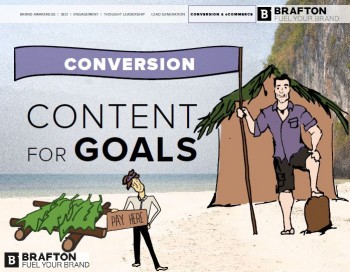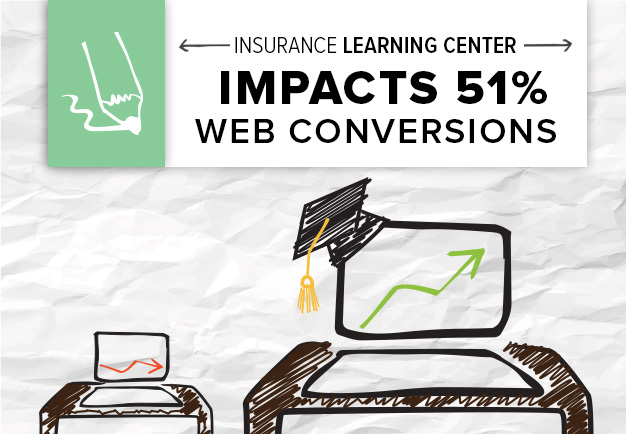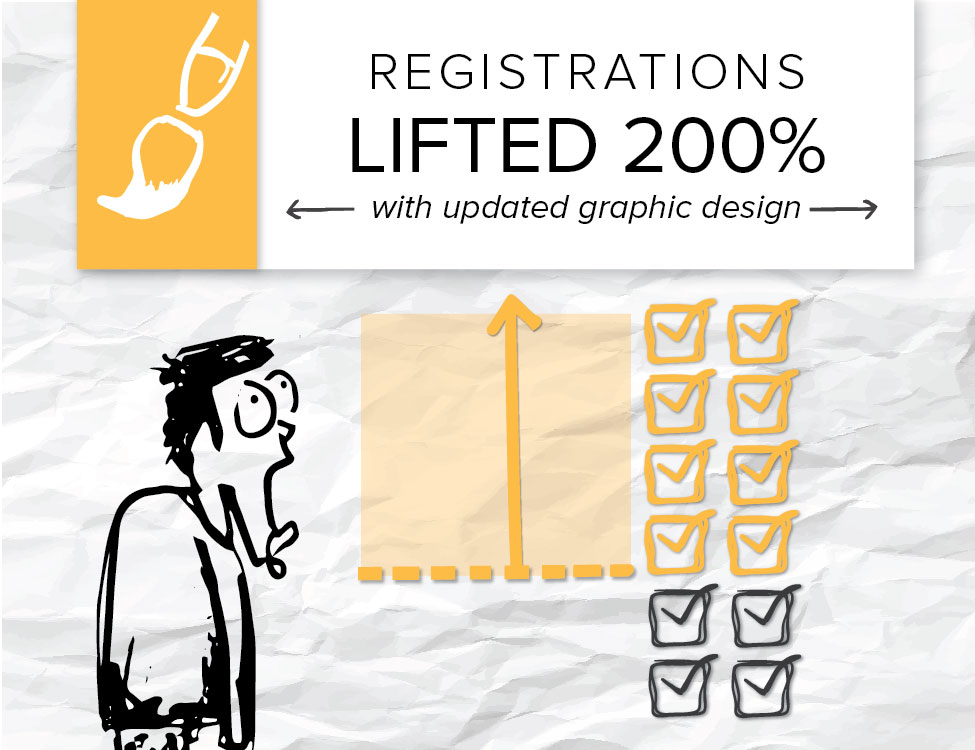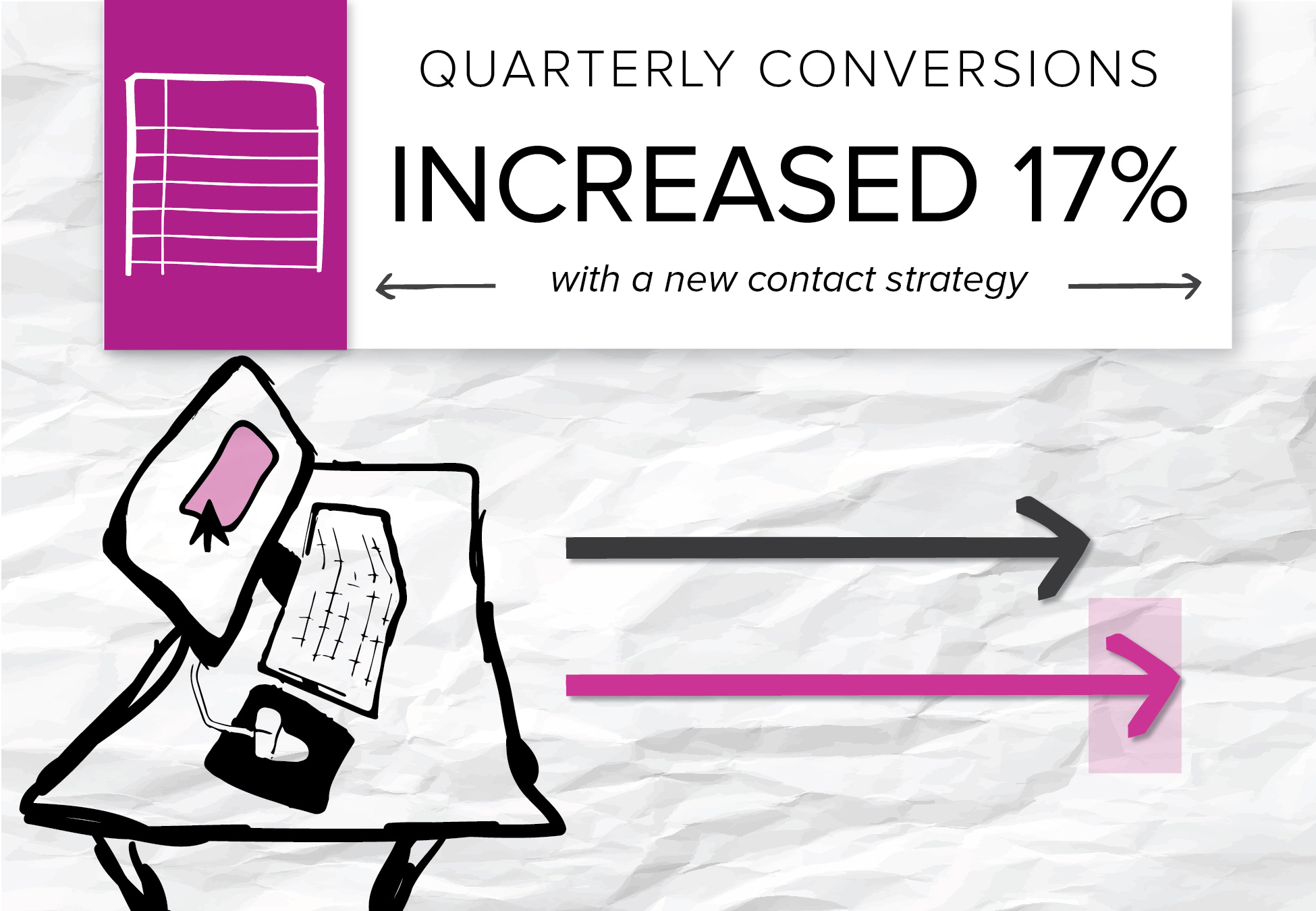
Conversion marketing is highly strategic marketing that aims to get consumers to take specific actions. While broader marketing goals may include building brand awareness, increasing traffic to a website, becoming recognized as a thought leader, etc, conversion marketing refers to tactical use of relevant calls to action (generally as part of campaigns that encompass other marketing goals) that encourage people to take the desired actions.
In web marketing, conversion marketing heavily depends on the use of web page links in content shared across channels that brings prospects to a business site, where they will then encounter relevant calls to action and/or strategically placed links to related shopping carts, contact forms, pages with content for download or other action-friendly pages. (See also: conversion optimization)
With conversion marketing, each element of marketing outreach and piece of marketing content is designed to ultimately achieve one of two results: convert a visitor or lead them to another page containing more content and calls to action. Of course, conversion marketing’s success is dependent on a company’s ability to engage prospects and compel consumers or business buyers to take next steps.
Conversion-optimized, relevant, customized content marketing across channels that can amplify overall visibility, thought leadership, brand trust, demand generation and more is essential. Moreover, online conversion marketing campaigns can successfully bring audiences to the point of hitting a shopping cart, a contact form or other conversion pages, but the quality of a business’ offerings can determine whether they actually convert.
As web marketing campaigns become more heavily integrated, ensuring that a website continually directs traffic to pages within a defined sales funnel that contain compelling content and strategic calls to action is critical.
See also: Conversion Rate
Here are examples of content strategies that have boosted conversions:






